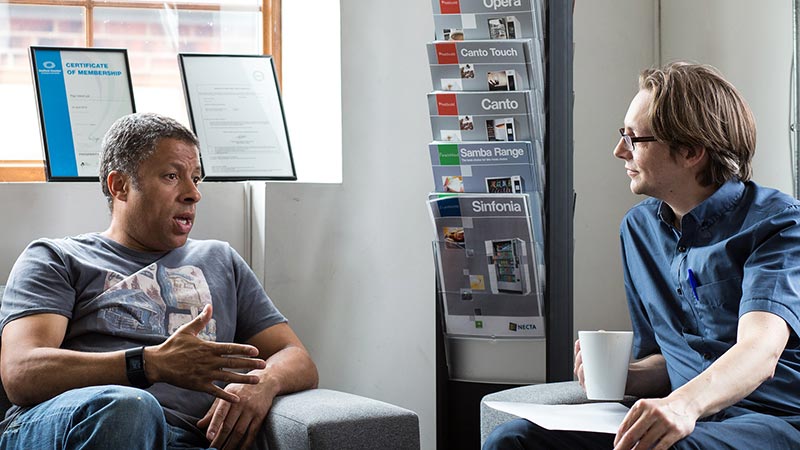pause. explore. grow.

welcome.
Broad Meadow Cooperative (or “Broad Meadow” as we like to call it) is a space where you can pause, explore, and grow.
Brad Eardley, the founder and owner of Broad Meadow, opened our virtual doors in November 2020, after working for 13 years in community mental health in Northeast Massachusetts.
Brad started facilitating the change and healing process with individuals, couples, and families during his first grad school internship in the Fall of 2006. For over a decade he has also trained and supervised other clinicians and interns.
Brad’s approach is influenced by systems theory, Cognitive-behavioral therapy, motivational interviewing, and mindfulness practices, and is trauma-informed.
Through the years, Brad has been humbled and honored to support people like you who are seeking something and showing the strength and bravery to seek help pursuing it. That “something” could be anything from a feeling of stuckness and dissatisfaction to a persistent feeling of anxiety and depression; from a sense of the past holding you back from your full potential to a vivid mental picture of your future as bleak, unfulfilled, and meaningless. You’ve come to this website and read this far, so you know what your “something” is.
In recent years, Brad has worked hard to build a team of excellent clinicians. What started as a one-person private practice has now turned into a team of four. Learn more about Nick, Mike, and Lauran here.
Want to take the first step toward a happier you, but have questions? Set up a free consultation with me or my team. We’ll talk about what’s happening now, your vision for a better future, and a plan to get you there.
Schedule Time With Me
our role.
Our role is to be curious and compassionate. We aim to help you cultivate a similar attitude toward yourself, the different parts of you, and your experiences. In that space, we will share my observations and questions, and we will invite you to see things from a different perspective. We will model and coach you in certain skills and behaviors, and we will make suggestions and document our work. We will follow up on the suggestions we make and seek to understand what it was like to implement them. We will see you as a person confronting the dilemma of change and the challenges of healing. We will hold hope for you.
your role.
Your role is to be as honest as possible with yourself from this point forward. What you decide to tell us in our meetings is 100% your decision. When you encounter uncomfortable questions and truths within yourself, you have the right to choose what to explore and what to leave “on the shelf.” This is your journey. When you attempt to implement our suggestions, and they don’t go the way you hoped they would, you have the opportunity to explore the dynamics of that.
honesty.
People tend to think of therapy as a space in which the therapist asks questions, and the client answers; the therapist gives suggestions, and the client implements them. In our experience the reality is much more vast. The dynamic and sacred space of therapy also includes a middle ground in which we ask you a difficult question and you feel free to reply, “It’s painful to even think about that question.” And we pause there. Or in which we give you a suggestion, and some part of you knows that you will not do it, and you say, “A part of me is absolutely refusing to follow your suggestion.” We need your feedback, so that we can optimize our approach. Broad Meadow is not just a place for solving and fixing, but for witnessing our current experience, identifying the pros and cons of change, pacing ourselves, and owning the decisions we make in that space. The solving and fixing may begin or progress in therapy, but they “happen” in the changes you make in your attitude, words, and actions. They happen in your world.



“brief” therapy.
In life we are faced with the dilemma of needing to rest and seeking safety while also needing to grow and seeking challenges. Therapy should be safe, and growth does get interrupted. That being said, therapy should also not be a place to linger indefinitely. Only you can determine whether you are ready for change. If you determine that you are not ready for change, our work will be to bring maximum awareness and compassionate ownership to that decision, and to identify a next step.
